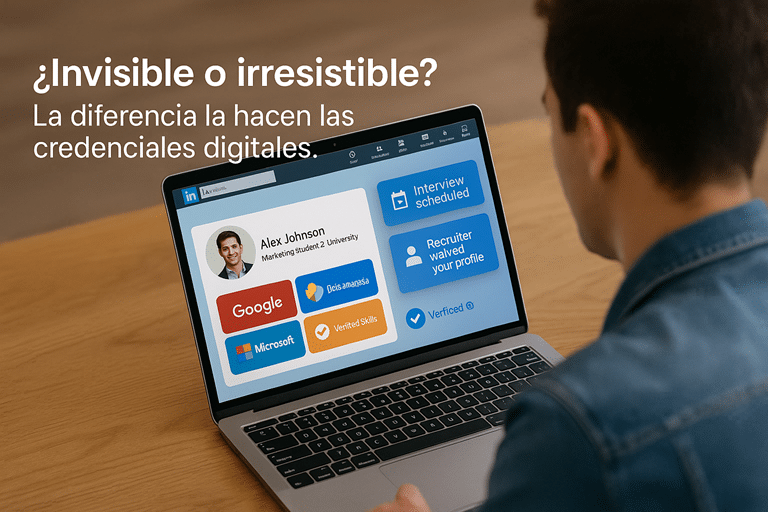When integrating new staff into your team, it is crucial to have a thorough understanding of the capabilities of each profile to select the ideal candidate. Hence, the importance of knowing how to evaluate soft skills. However, these types of competencies are often overlooked or completely forgotten. In this sense, it is important to understand why these skills are relevant and how to properly evaluate them.
In an ever-changing job market, especially with new digital trends that emerged after the pandemic, recruiting methods have become increasingly automated. As a result, There has been a notable increase in candidate dismissals that do not fit the values of the position or the company.
In many cases, focusing on soft skills during the recruiting process can be essential to reduce both layoffs and staff turnover. Learn how to implement this approach and recognize these skills in your collaborators in order to improve the productivity of your work team.
What is meant by “soft skills” or soft skills?
Soft skills refer directly to the character and personality of the candidate. Unlike hard skills, they cannot be measured by degrees or records in the applicant’s history.
Soft skills, such as responsibility, resilience, adaptability and personal values, are key elements. Reflect for a moment: how could an employee perform in your company If you don’t share the same values? Sooner or later, these differences will lead to disagreements.
But, how to evaluate soft skills?
If you are looking to hire new collaborators or simply want to evaluate the soft skills of your current team, these tips will be useful. In the current job market, the most valued soft skills are the following:
- Creativity
- Adaptability
- Time management
- Leadership
- Negotiation skills
- Communication and active listening
- Critical thinking
- Resilience to adverse outcomes
- Commitment to goals
As you may notice, these competencies cannot be easily identified on a resume. Since they are social skills, it is necessary to evaluate them specifically in each candidate. Below, we highlight four keys that will help you measure these skills more accurately in your current team or in future additions:

1.Define the soft skills to evaluate
Before hiring new staff, it is crucial to define the desired soft skills for the position. Since these abilities are difficult to detect, It is important to be clear about what aspects you are looking for when evaluating the profile.
At this point, you should not overlook the company’s values, since it is essential that employees share these values. This will be decisive both for your permanence in the position and for foster an environment of mutual trust between both parties.
2.Design interviews that help detect them
At the first meeting with the candidate, both the questions and the environment must be designed to evaluate the skills desired. The way you present yourself, your communication style and even self-referential mentions of soft skills are aspects that can help detect and evaluate these skills.
If you already have a protocol to measure hard skills, you can combine it with the evaluation of soft skills. For example, you can add time limits that test their ability to adapt, change conditions on the fly, or create controlled stress situations.

3.Carry out a psychological profile of the staff
For both new hires and your current team, conducting a psychological profile can be helpful in understanding soft skills. Working with professionals in occupational psychology will allow you gain a more precise understanding of character and personal values of your collaborators.
It might interest you: The new leading role of skills in the professional scene
4.Observe behavior on a daily basis
If you want to evaluate your current team, you can detect their soft skills by observing their daily performance. In this case, it is valuable to recognize and highlight their qualities, since it is an important part of job recognition. This It will motivate your work teams to continue growing at an individual level and to contribute desirable social qualities to teamwork.
Recognition should not only focus on the domain of knowledge, but also on personal values. This It will generate motivation in the team to continue growing both at an individual level and in the contribution of social skills to working together.

CEO Acreditta







